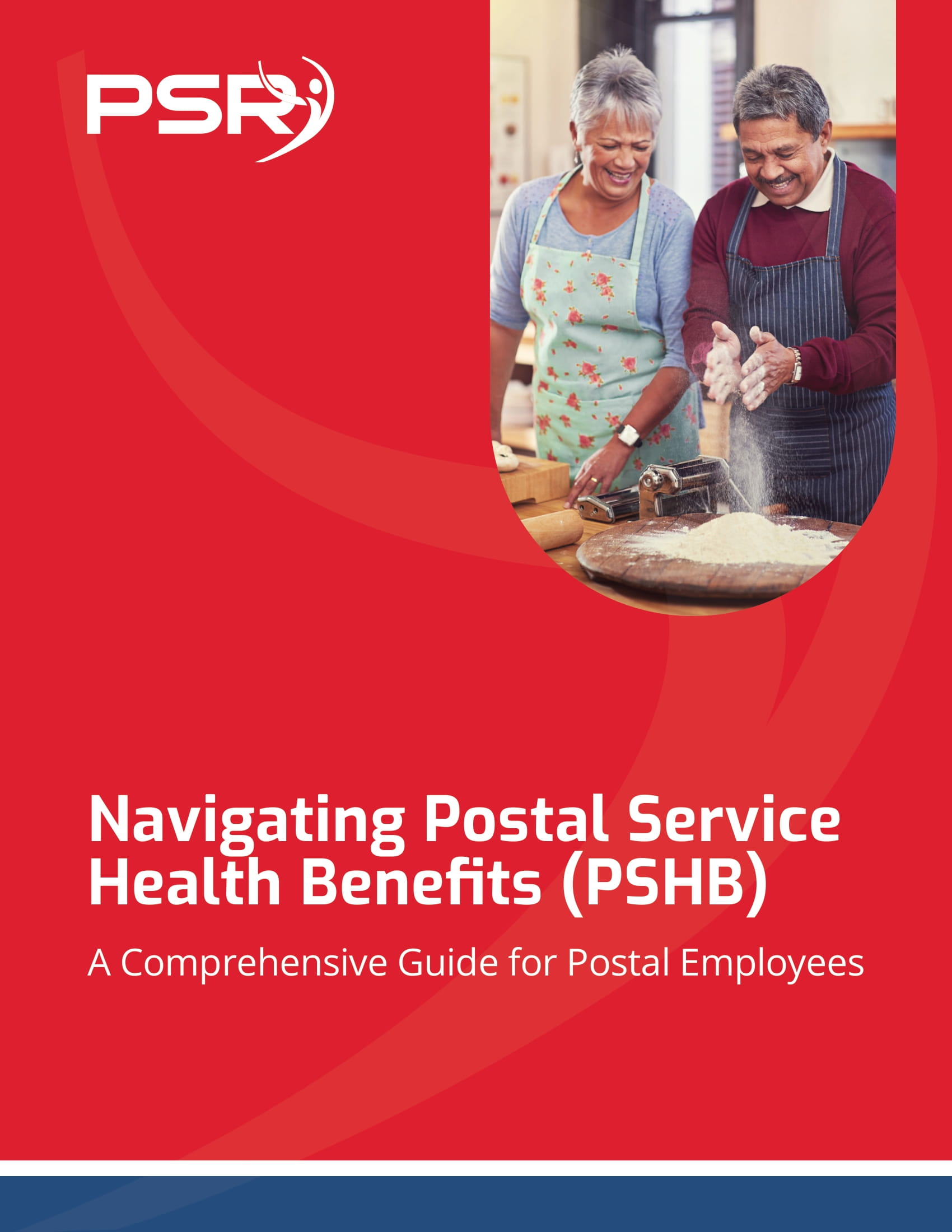 When an executor is appointed to oversee someone’s estate there are many responsibilities that follow. No matter the size of your estate no one wants their property tied up in probate for long periods of time. Probate can be very time consuming and costly. Being an executor of another’s estate is not something that should be taken lightly. If you are chosen to be executor of someone’s estate, there is an incredible amount of trust, honesty and integrity expected in discharging the duties therein.
When an executor is appointed to oversee someone’s estate there are many responsibilities that follow. No matter the size of your estate no one wants their property tied up in probate for long periods of time. Probate can be very time consuming and costly. Being an executor of another’s estate is not something that should be taken lightly. If you are chosen to be executor of someone’s estate, there is an incredible amount of trust, honesty and integrity expected in discharging the duties therein.
- Also Read: Divorce and Your Federal Pension—What Happens When You Split Assets and How It Could Affect Your TSP
- Also Read: What Happens to Your Federal Benefits After Divorce? Here’s the Lowdown
- Also Read: The Best FEHB Plans for 2025: Which One Fits Your Lifestyle and Budget the Best?
Legal Requirements
The Will, if there is one, has to be filed in probate court of the jurisdiction where the deceased lived. The law requires the filing of a Will. The executor has to take care of the affairs of the deceased including, but not limited to, cancelling major credits cards, ATM cards, and store credit cards. The executor must also notify the Social Security Administration of the death, the Office of Personnel Management if a federal annuitant, the Office of Medicare and/or Medicaid, the Post Office and banks where the deceased had accounts. If the deceased served in the military, then the Department of Veterans Affairs must also be notified.
A final tax return has to be filed covering the period up to the date of death of the deceased. If the deceased is still owed money or owes someone else money, an estate bank account should be set up to take care of those issues. Bills may need to be paid such as mortgage payments and utility bills. There may be monies owed the deceased which will also go into the estate bank account.
In the final analysis the executor must oversee the distribution of the deceased person’s properties, how, when and to whom the distribution will be made. Executors or administrators have an enormous responsibility in taking care of the provisions of a deceased person’s Last Will and Testament. Therefore, it is urgently important to appoint someone who is thorough, detailed and understands the importance of carrying out another’s wishes.
P. S. Always Remember to Share What You Know.
Recommended Articles











